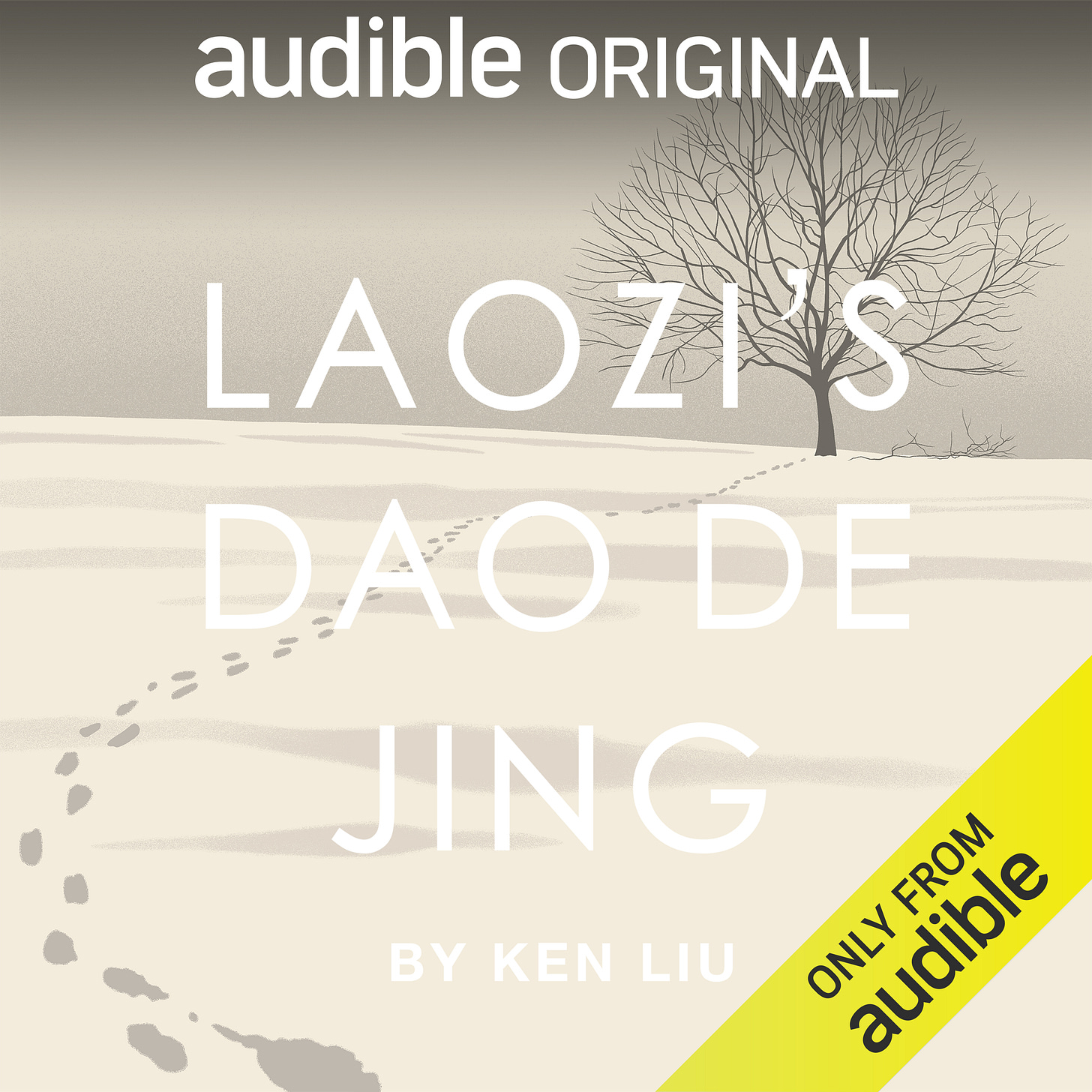Hello, I have a new book out today.
Let me tell you a story.
In the middle of the COVID-19 pandemic, I suffered a crisis of faith. As a writer, I’ve always believed in the power of storytelling. Stories are how we reify and recommit to our deepest values, personal as well as collective. They’re at the core of what it means to be human. Everything beautiful and true, everything that we find to be worth fighting for and dying for, is found in and ultimately founded on, stories.
The pandemic, however, destroyed that faith. All around me, lies passed as truth, and fear gave birth to hatred. Conspiracy theories were the most popular stories of all, a testament to the power of storytelling for ill. We are not creatures of data or evidence. We are incapable of seeing the world except through narratives. I celebrated the good stories, and I suppose I forgot about the terrible ones, which seemed even more powerful.
I could no longer write.
I turned to repairing broken video game consoles, devices for a more innocent kind of storytelling, for stories of my childhood. I ran the tip of my heated soldering iron over the LCD ribbon again and again, hoping to reflow the aged solder, remove the broken lines on the screen, call forth the dead magic. I traced the lines etched into the PCB, probing for a good connection, for the nostalgic pathways, for the noise to be filtered away by a fresh set of capacitors. It was good to work with my hands, but the stories refused to come.
So I began to read the Dao De Jing.
In the millennia since its composition, Laozi’s book has become the source of countless allusions, metaphors, fixed expressions, idioms. But I had never read the book from start to finish. Like many other classics, I simply assumed I knew it through its translations, quotations, imitations, dead metaphors.
I read the Dao De Jing because I could no longer tell stories. I read it hoping to find a way out of the darkness.
And it was nothing like I expected. In the Dao De Jing, Laozi is not the kind and wise sage of Orientalist fairy tales, spewing platitudes that say nothing. He’s sharp but doesn’t cut; he’s righteous but doesn’t judge; he’s hopeful but not sweet.
The root of lightness is weight;
The master of recklessness is repose.
Why does a lord of ten thousand chariots treat the fate of the world so lightly?
Sometimes his words can seem like clichés, but that’s only because they’re so deeply embedded in our collective consciousness. Sometimes he can come across as a provocateur, almost trolling, but that’s because he doesn’t think language itself makes much sense.
If it’s not laughed at, it isn’t worthy of being Dao.
The advancing Dao appears to retreat;
The straight Dao appears twisted.
Laozi doesn’t comfort. He doesn’t persuade. He doesn’t offer solace.
Heaven and earth are not benevolent. To them, all things in the cosmos are straw dogs.
The Dao-aware are not benevolent. To them, the people are straw dogs..
He simply makes observations about Dao, the path of providence, of grace, of life itself. There’s no need for Laozi to convince you of anything, for he’s not trying to sell you anything. You can take his words or leave them; it’s all the same to him.
Instead, he invites the reader to have a conversation with his text, through which the reader must discover their own way. The text is not what matters, but the attempt to see the shimmering water flowing beyond the channels of the text. Again and again, Laozi insists: Dao cannot be taught; you must come to it yourself.
In that refusal to confront, to judge, to direct, Laozi did comfort me, persuade me, give me solace. What can be more comforting than to have a conversation with a mind that has transcended mortality, a voice that has survived the ages?
Between heaven and earth is a bellows, empty but inexhaustible. The more movement, the more powerful the flow.
The more I read, the more I wanted to argue, to contend, to dispute, and then, later, to yield, to accept, to imagine. In that conversation with Laozi’s text, I began to see the shape of my own life, the questions that opened seams, the patterns that pooled and shimmered. I began to feel the desire to write again—though that would have to wait for another book.
Meanwhile, a record of my conversation with him could be set down, which might be more conventionally termed a translation. In addition to Laozi’s words, the book also contains a series of mini-essays from me as well as retellings of some of Zhuangzi’s stories. All translations are, ultimately, a record of the translator’s trials to discern the spirit of the text within its shadowy mirror. This translation merely makes that struggle obvious instead of hiding it, a foolish honesty that I think Laozi would appreciate.
That is how this book came to be.
For now, Laozi’s Dao De Jing: A Plain Translation is available exclusively from Audible in a beautiful narration by the wonderful BD Wong, enhanced with original music by Xinyan Li. (There may be plans for a print version, but not for a while.)
Thank you, as always, for supporting my work.
May you also become aware of Dao.




